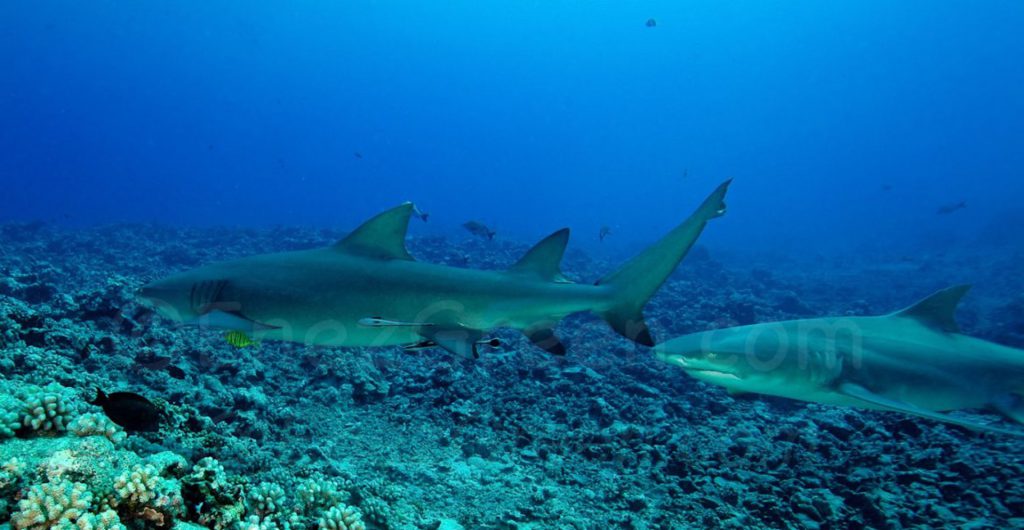Never has the planet lost its animal species so fast since the last mass extinction
Today’s sixth extinction is unique in that the largest species, such as the great white sharks, blue whales and southern bluefin tuna, are on the edge of the chasm because of the trend of the man to fish larger species more often than the smaller ones. The consequences, according to a study published in the journal Science, this Wednesday 14 September, have a devastating effect on the ecology of the world’s oceans, which see large animals disappear faster than small species.
According to the researchers, this is the first time in the history of the Earth that this phenomenon is observed. During the previous five extinctions, the disappearances were not selective. “If this extinction was solely related to climate change, we would have observed the phenomenon of selection in the past, when the temperatures were much higher than today, which is not the case, says Noel Heim. The only possible reason for this selection is therefore the exploitation of the marine system by humans and overfishing ».
In fact, the animals targeted for fishing are generally species with a high nutritional potential and therefore generally the largest animals.
A selective loss of species does not have the same ecological consequences as an ecologically distributed extinction
Large animals are essential for ecosystems. They are generally at the top of the food chain and their importance for the nutrient cycling and nutrient transfer between different environments is crucial. “Their disappearance would therefore lead to an imbalance of the environment as a whole,” says Jonathan Payne, a paleobiologist at Stanford University and co-author of the study, citing as an example the loss of the great Triton, the main predator of the starfish “crown of coral-eating ‘spines’ whose explosive growth seems to be one of the reasons for the destruction of entire coral reefs…
An alarming finding shared by Nicolas Mouquet, ecologist and researcher CNRS at the Center for Marine Biodiversity, exploitation and conservation. “We do not see what is under the sea but the damage is unprecedented and much larger than what can be seen on terrestrial ecosystems”. According to him, the exploitation of the marine environment amounts to a “deforestation almost multiplied by one hundred”. Indeed, the rate of destruction of the marine environment is at a much higher speed because the intensity of exploitation is also higher. “When trawlers arrive on the coast and launch their nets, the destruction of the environment is almost instantaneous.”
Douglas McCauley, an ecologist at the University of California, says we need to start rethinking how we protect our oceans. Most of the marine reserves we have are small parks, the darling of a golf course that are suitable for stars and sea snails, but for sharks, rays, whales and migratory fish species , much of the ocean remains a dangerous area.




